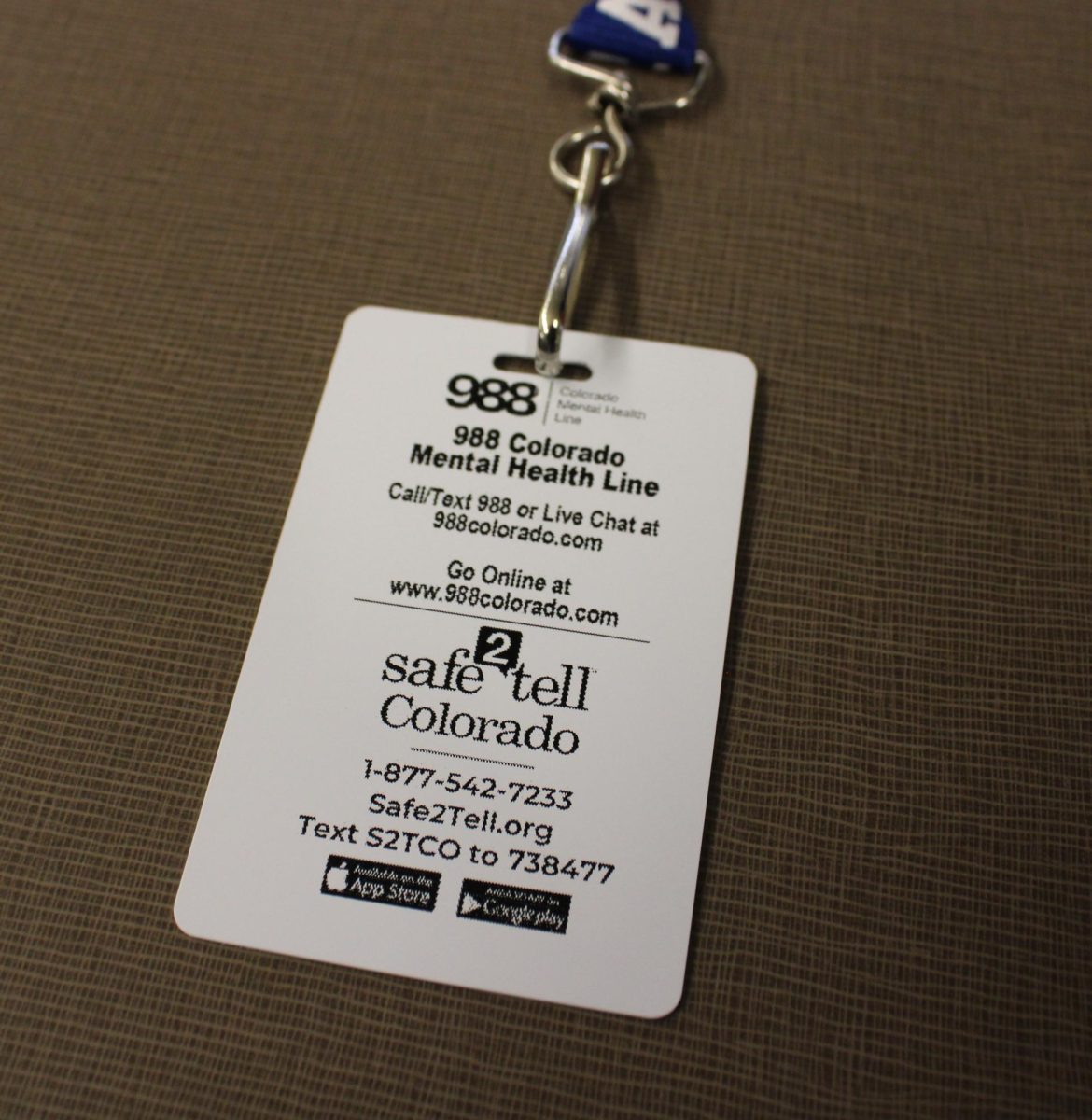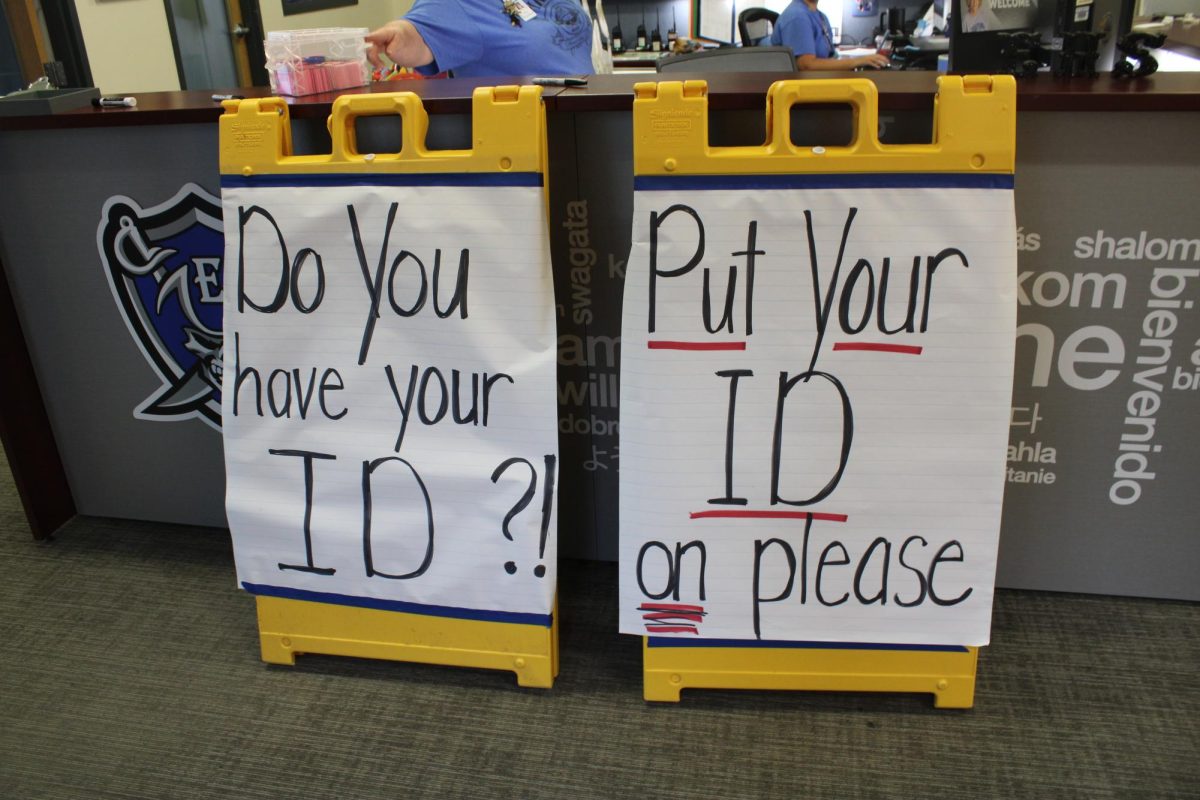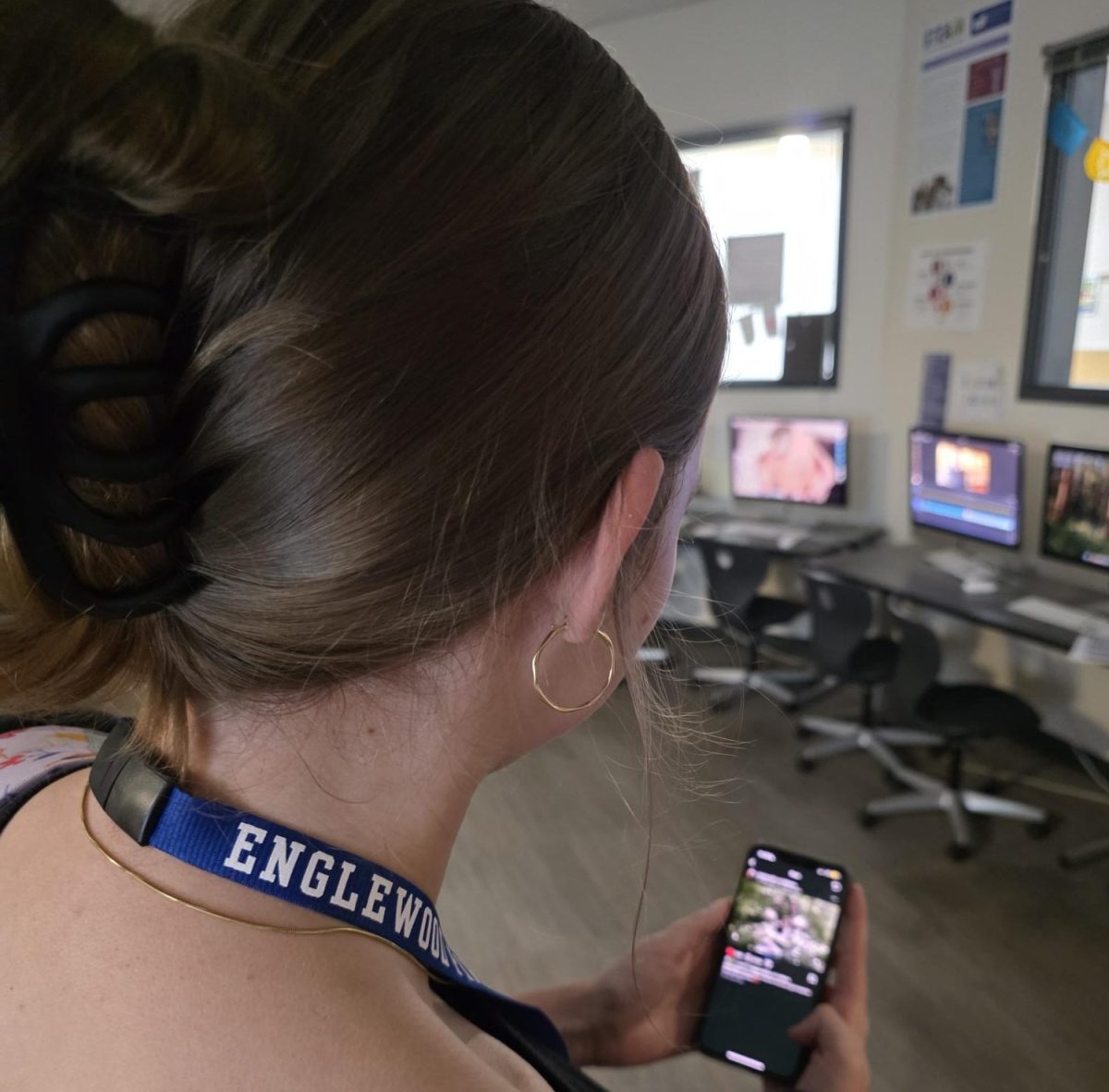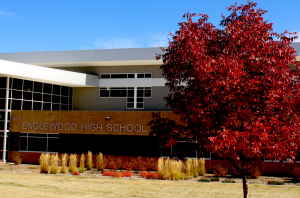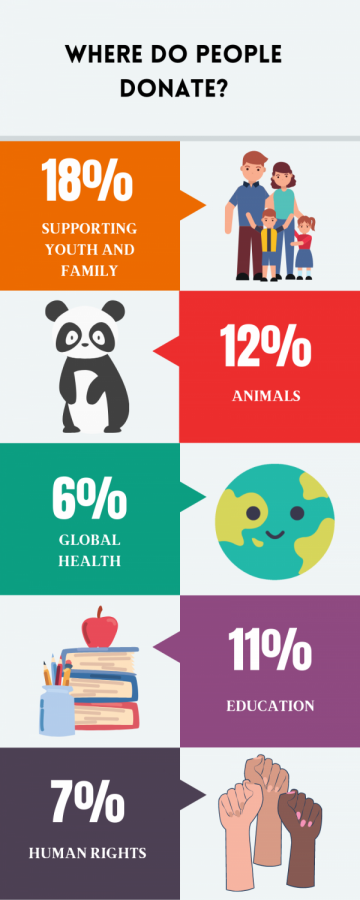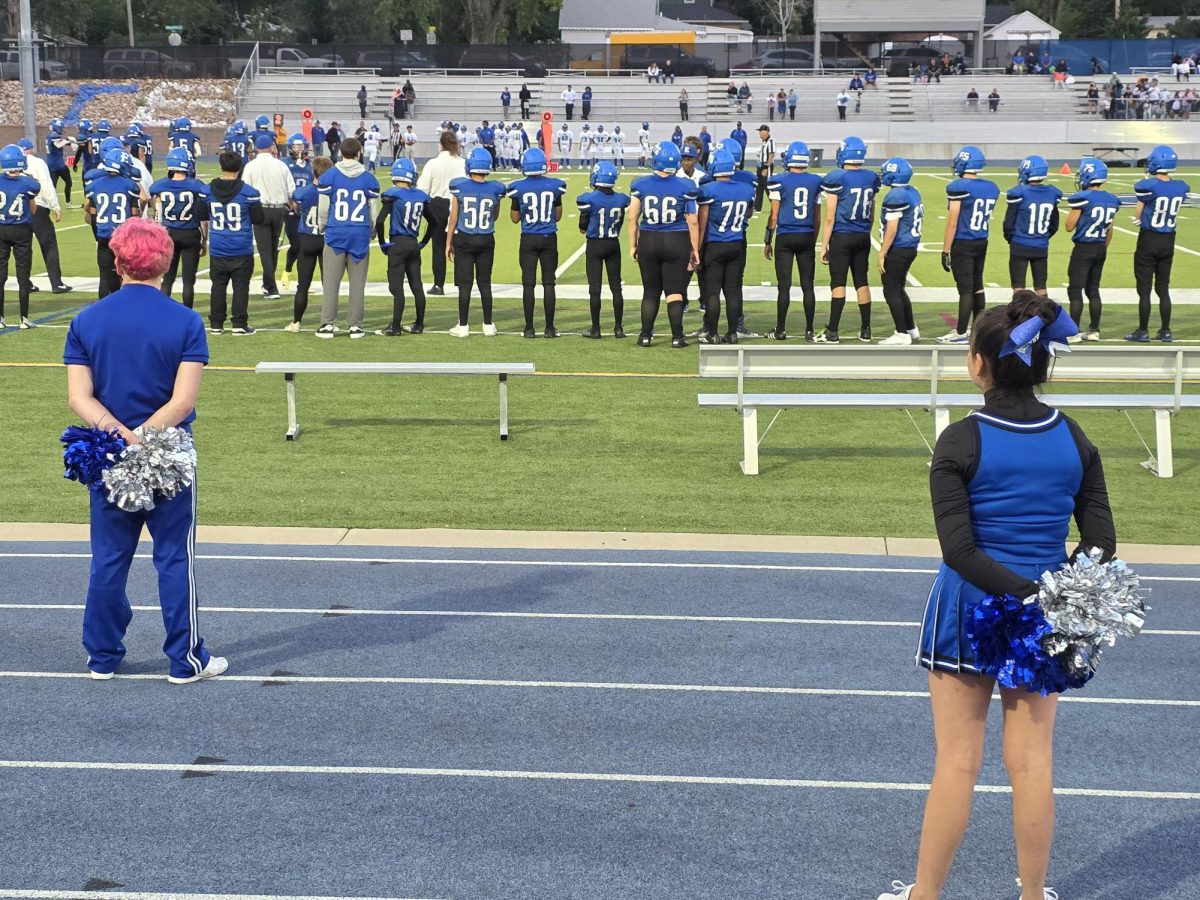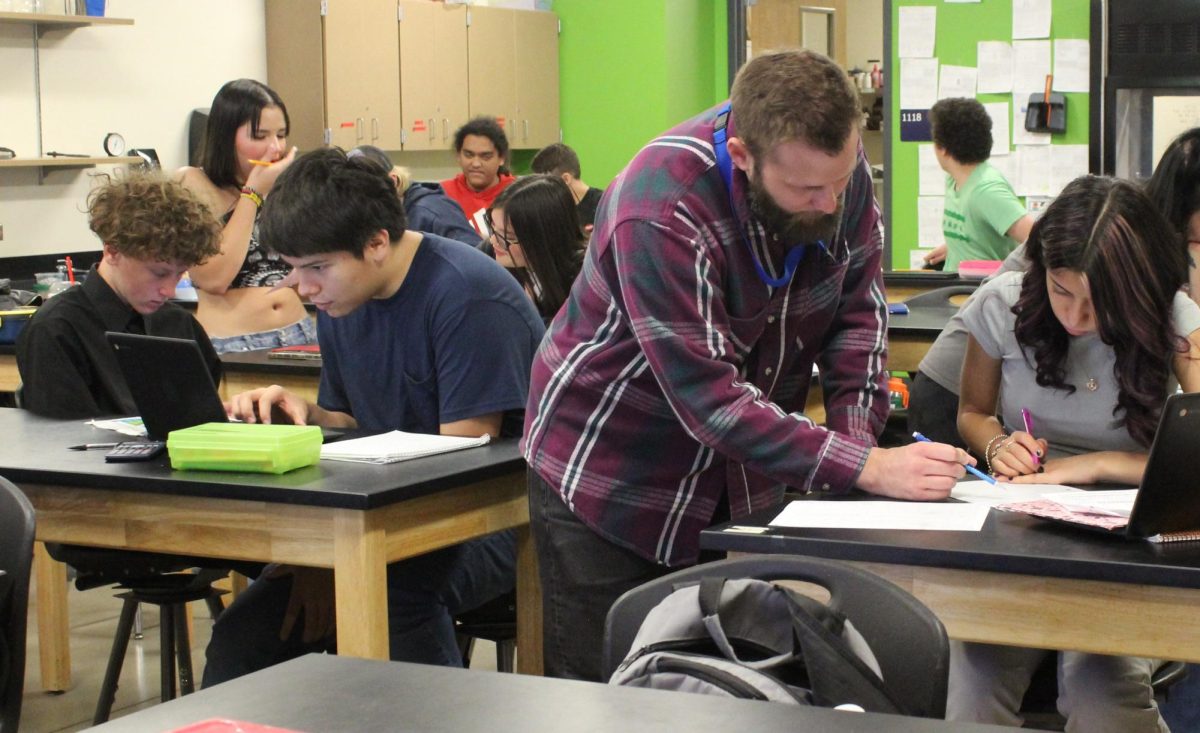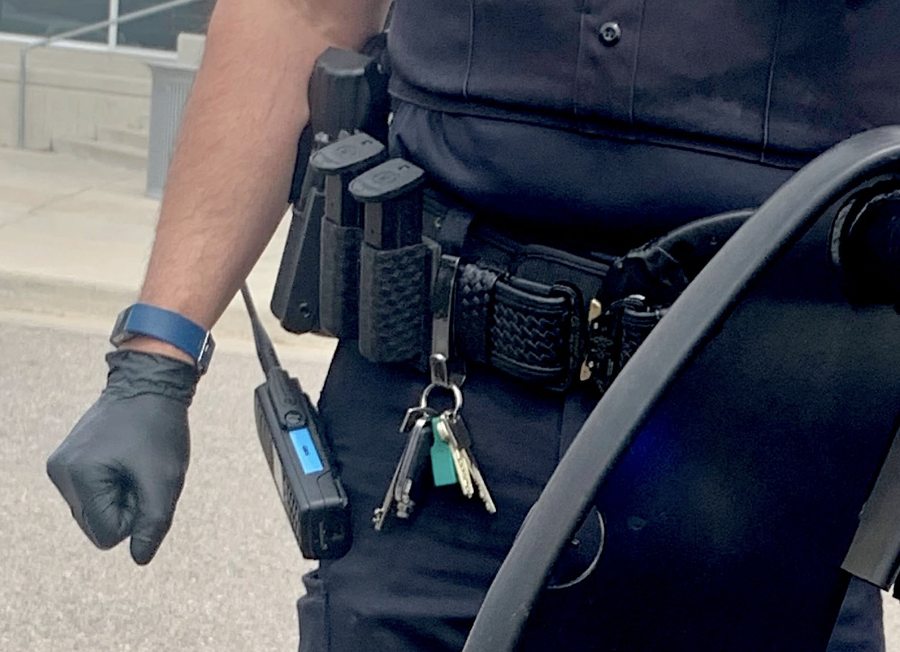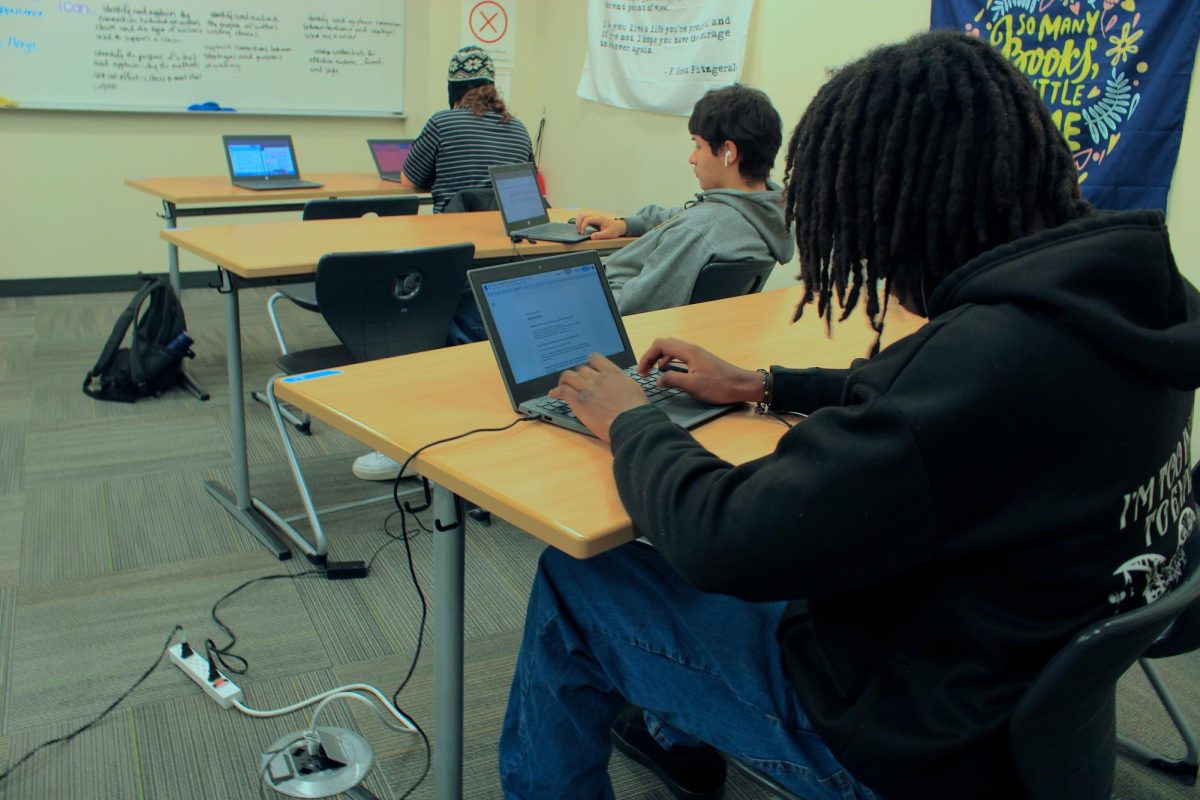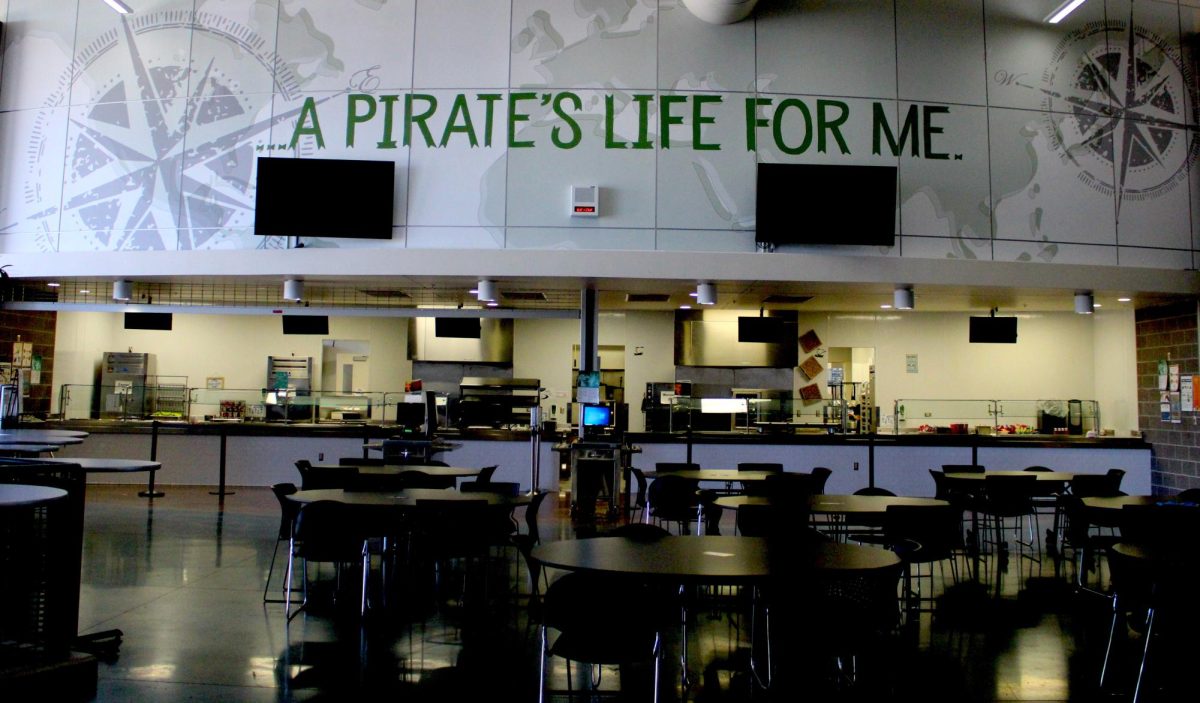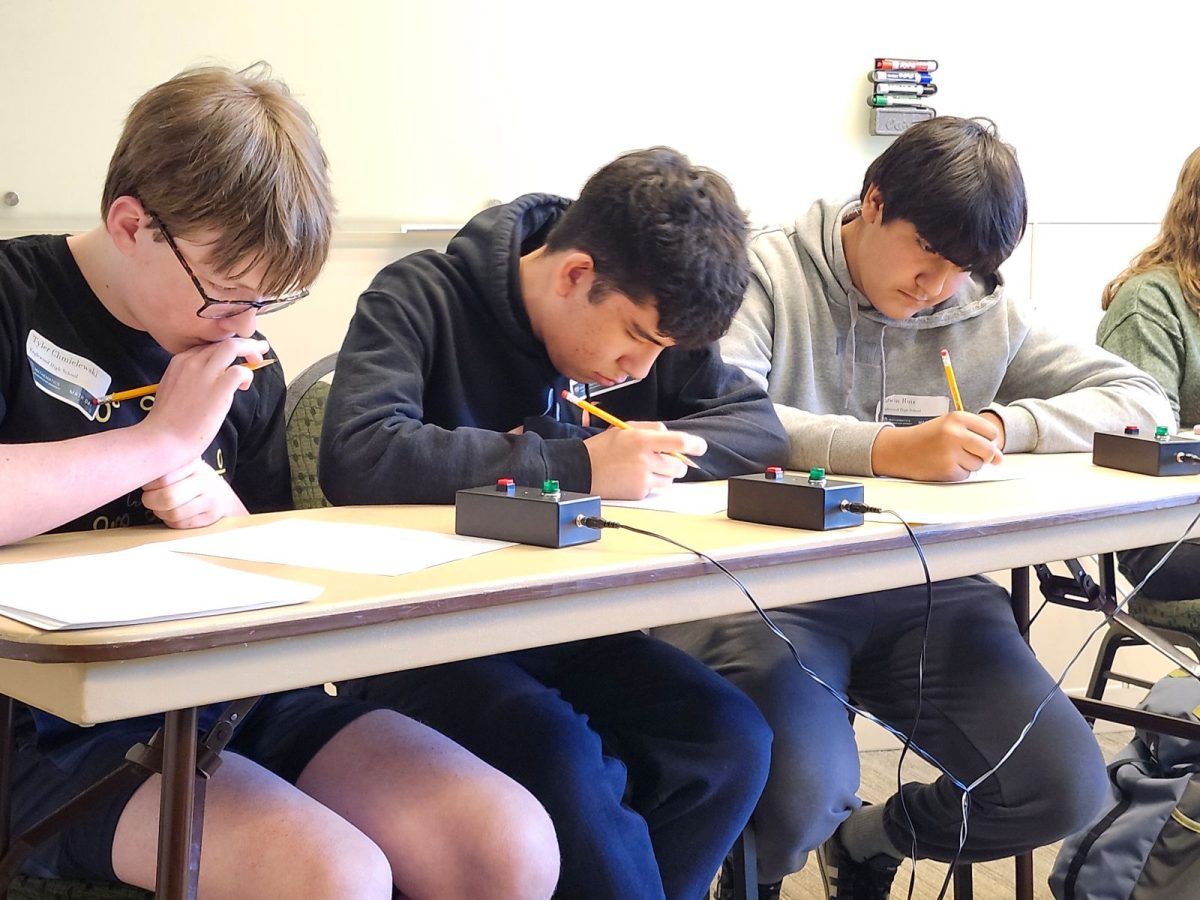You could have an opportunity to shape the school lunch menu, take part in a recipe competition, and decide on culturally diverse menu items.
Every year, students complain about the food at their school cafeteria. The typical complaints include that the food is not healthy enough, not filling and there are no allergy-friendly options, “I only eat school lunch when there are Uncrustables. That is the only good and filling option that the school provides,” said sophomore Violet Cuenca Fergoso.
When Fergoso goes back to class on an empty stomach, she says it makes learning a lot harder when all she can think about is eating.
“I eat school lunch almost every day, but I am not very happy with the options because I feel very sluggish at the end of the day,” said sophomore Alexandra Fox. She admits she could eat healthier but chooses not to. One student says she looks for allergy-friendly options and comes up empty, “I haven’t ever seen an allergy-friendly lunch there before,” said sophomore Trenton Gertge.
One email to Nutrition Services discovered, most of the complaints are unfounded. Nicole Withee, the Director of Nutrition Services for Englewood Schools says there are fresh veggies from a local farm, “Englewood Schools Nutrition Services is participating in a pilot grant program with (Colorado Department of Education) CDE, where we are awarded funds to purchase locally grown and minimally processed foods,” said Withee. She says there are only 16 districts in Colorado that were awarded this grant, “We have been so excited to offer local potatoes from San Luis Valley for our fresh-cut fries, Palisade peaches a number of times, and several other items.” You will often see apples, watermelon, peppers, cantaloupe, squash, and lettuce from local farms around Colorado.
The other partnership is a local farm hub that collects the farms’ produce and delivers it to school districts. Withee also wants students to know that some of the ingredients are made locally, “We are also able to use the funds to purchase a small amount of minimally processed items, like our Tico’s refried beans manufactured right here in Englewood.”
That food item can be tried on Taco Tuesdays. Withee says this partnership allows the school to support our local businesses and help the economy.
This year, Withee says she is proud to feed students for free, “For the food we offer specifically, I am most proud that we have a beautiful salad bar each and every day with local produce for several months of the year. Also, students can eat as many fruits and veggies as they want.”
In a school, you’re likely to have students with different allergies and restrictions. Withee says the district is required by USDA and CDE to get a meal modification form from families or their doctors for the student(‘s) dietary restriction. She says you are also required to show proof of this allergy to get a student’s meal modified. Withee also says, they try to follow the normal menu as closely as possible so students don’t feel singled out with a completely different meal, but it all depends on their restrictions.
Finally, Withee says she is excited to get students more involved in the nutrition program. Students would be able to give feedback on current menu items, taste tests for new items, participate in a recipe competition with Chef Jacob Cain, and help the district culturally diversify the menu.


